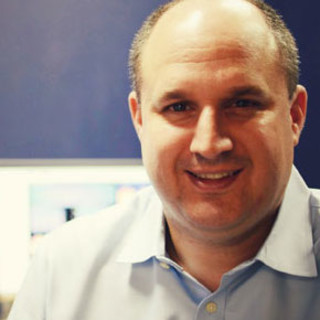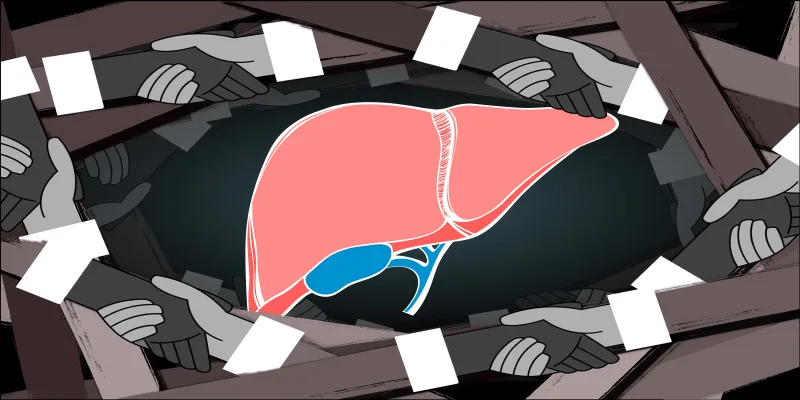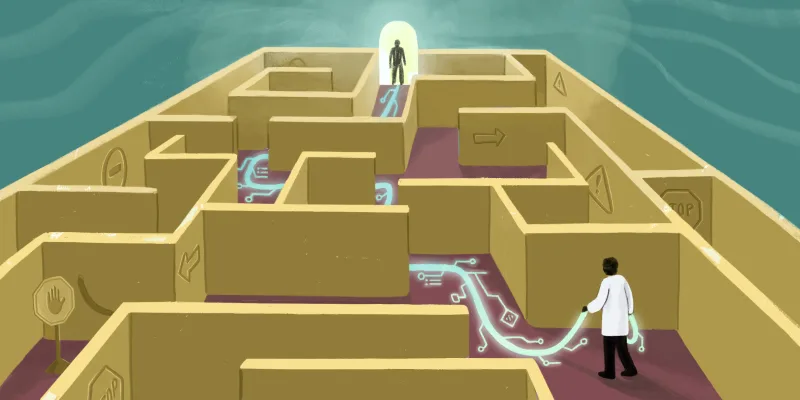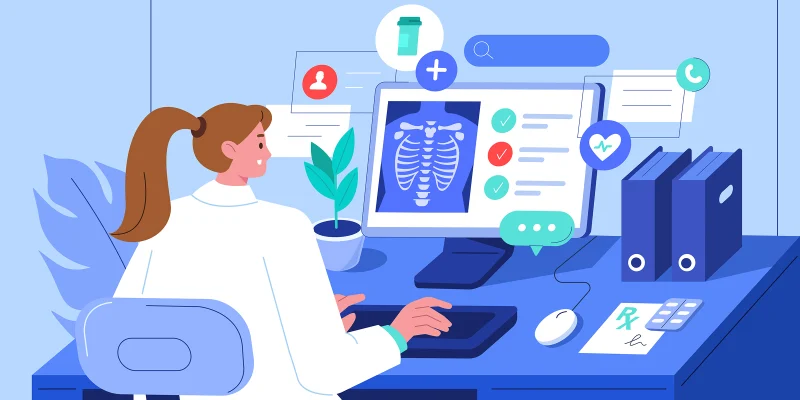
Did you ever wonder how your radiology program director started to run a radiology residency? Did she desire this calling from day one or did the residency bestow this honor upon her? Well, let me tell you a little about the world of residency directors.
Let me give you a picture of the process. The Chairman of the radiology department comments at a meeting, "Who wants to take on the role of the new residency director?" You hear a wall of silence. Then, the Chairman asks, "Who doesn't want the role of radiology program director?" And, then everyone raises their hand except the one guy who is sleeping in the corner. So, who do you think gets this vaunted position?
All kidding aside, it does take a unique individual to relish the opportunity to become a program director. Today, I am going to go into the type of person that can succeed and can find this role rewarding. Moreover, I will talk about the most significant challenges and rewards of this position.
Radiology Program Director Personality
Not all personalities can handle the position of the radiology program director. If you have anger management issues or react before thinking, you are in for a lot of trouble. Optimally, you want to install a person who has a lot of patience, enjoys teaching residents, and can handle long hours of paperwork. But, unfortunately, many times, that is not the case. Hence, the enormous turnover in residency directors. The turnover in radiology directors occurs over six years on average, more rapidly than most other residency programs.
Most importantly, however, this individual needs to understand the dynamics of working with other people. My theory about why the turnover is so high for radiology program directors: I believe that departments select program directors based on academic credentials and technical skills, not upon the personality that will be running these programs. You cannot expect to run a program well without excellent communication skills. Nothing angers residents more than working with a program director that does not listen and talk to the residents within their program.
Challenges
When I started writing this paragraph, I could not even think about where to begin since the trials and tribulations have been so numerous. But, I will take a stab at some of the more significant ones.
As much as any program director would like to say he picks the perfect residents and never had any issues during their tenure, this is rarely the case. This is also true at the most “prestigious” programs, but they will not let that on! To this point, most program directors have incredible stories of resident hardships, horrifying incidents, and more. All you have to do is ask, and they will tell you a bizarre story or two! But, here are some of the most difficult of the challenges.
The Struggling Resident
The biggest challenge to the average program director is the struggling resident that cannot make it through the program. And, this may be for any number of reasons, but most commonly related to mental health, learning disability, or social/professionalism issues. Fortunately, these encounters are rare. And, most of the time, the residency team can solve them. But, every once in a while, they do crop up, and residency programs will have to let a resident go.
Trust me. It is heart-wrenching and terrible. However, in the end, each residency director has to attest to the following when they sign the graduation certificate, "This resident is competent to practice in the field of radiology." And, if you cannot do that, then you cannot graduate the resident. We have a responsibility to the community to make sure that dangerous radiologists do not practice medicine. If you are working as a director long enough, it will happen in your program.
The Weird "One-Off" Incidents
Also, of course, there are the "one-off" incidents that most directors will encounter that can present real challenges as well. What do I mean by that? You have a resident that gets into trouble with the law for a DUI or a fist fight between a radiology resident and a surgeon in the middle of the night. I can tell you that each situation is unique and presents its own set of challenges on how to deal with them. We are always flying by the seat of our pants!
Mind-Numbing Paperwork
Lastly, we need to accept the responsibility of mind-numbing paperwork at times. In the past, with the old site visit system, we needed to create a gazillion essays about why our residency program should exist. But even today, with the newer site visit system, we still have enormous quantities of documentation to prepare.
Additionally, between the milestones, surveys, resident/faculty evaluations, meeting minutes, and more, you need an army of coordinators and personnel who are computer savvy to make sure your residency program can continue to survive. That's why small residency programs find it challenging to survive. However, many of these responsibilities often fall into the lap of the program director. And, these items are just the proverbial tip of the iceberg!
Rewards
Yes, with great responsibility comes great rewards. And, this time-honored cliché applies no differently to those running a radiology residency program. I can think of almost no better feeling than to see your residents succeed, becoming chairmen of other departments, writing insightful academic papers, and becoming incredible clinicians once they graduate.
Also, getting your residents past the hardships they may encounter during their residency program can take an incredible amount of work, but there is no better reward than getting them over these obstacles and watching them take off in their careers. In the end, we are coaches and mentors. And, if you like these roles, you may enjoy becoming a program director, as long as you can accept all the other flaws that go with it!
Barry Julius, MD, is a board-certified radiologist at St. Barnabas Medical Center. He developed the educational website radsresident that aims to connect radiologists. He is a 2018–19 Doximity Author.







